Why do Catholics use the word “disordered”?
Any high school teacher both loves and loathes the team-based review game. They’re fun and functional, but often bring a streak of chaos to your classroom. When my former students selected team names, I would refuse to let them incorporate a word I didn’t understand. Either that, or I would look it up on “Urban Dictionary” – a collaborative online lexicon for all things trendy and possibly inappropriate.
Teenagers are easily recognizable for their distinct and ever-evolving vocabulary. As the societal mainstream departs further from Christianity and classical philosophy, it can seem like Catholics exist in a subculture with a language all their own.
Homonyms Are All Fun and Games Until Someone Gets Hurt
As a kid, my devout parents picked up a cassette tape for a summer road trip called “The Mass Explained.” I remember being startled that I’d needed to put down my Gameboy for an hour to listen to a scientific explanation of weights and volumes, or possibly something to do with the Big Bang and the order of the universe. I misjudged the title. I’d been attending Sunday “Mass” my entire life, and within a few minutes I knew what the tape was actually about. This new revelation didn’t make relinquishing The Legend of Zelda any easier.
Many of us may have similar stories of “Catholic-y” words or phrases that were less clear to us when we first encountered them. Our religious education programs involve taking these complex terms and translating their meanings into simpler, more applicable language. This is an important element of age-appropriate catechesis. As society shifts, some religious ideas can become even more difficult to fathom. Some words come with more baggage. One of those words is “disordered.”
“Homosexual acts are intrinsically disordered.” (CCC 2357)
“The number of men and women who have deep-seated homosexual tendencies is not negligible. This inclination, which is objectively disordered, constitutes for most of them a trial.” (CCC 2358).
There have been calls in some circles to end the use of this language when discussing same sex attraction. To the modern ear – for both religious and nonreligious people – “disordered” can sound like “disorder.” We might use the word to describe a room or office space in radical disarray. But more often than not, we likely associate “disorder” with mental or psychological illness. In light of this modern understanding, should the Church change her language?
“In My End is My Beginning”
Before we can understand what the Church means by “disordered,” we need to understand what she means by “order.” The word has Latin roots, connecting it to a row; a pattern or series in progression. When we say an action is “ordered” morally, we
mean that is directed towards it’s proper “end.” That is, it’s following the trajectory that God intended. That trajectory is love.
The Latin root “ord” is also the foundation of the word meaning “to begin to weave,” which further gives structure to the word “primordial.” From the most ancient of beginnings, God sets life into motion. In it’s perfection we see “the order and harmony of the created world,” which includes human persons and their relationships (CCC 341). The fall disrupts the lived experience of God’s original design, and our tendencies towards it. The moral order is not unknowable, however. “By his reason, [the human person] is capable of understanding the order of things established by the Creator. By free will, he is capable of direction himself toward his true good” (CCC 1704). In the life and teachings of Christ, a renewal of God’s original vision is set forth. Teachings like “the Beatitudes reveal an order of happiness and grace, of beauty and peace” (CCC 2546).
So to be “ordered” is to move towards the “end” that God designed “in the beginning,” living in the image and likeness of a God Who is love. To be “disordered” is to move away from the beginning’s intended end, to desire sin and to choose it.
Everybody’s Got Something
We see the words “disorder” and “disordered” scattered throughout the morality section of the Catechism. In the description of grave sin, we read “there are concrete acts that it is always wrong to choose, because their choice entails a disorder of the will, i.e., a moral evil” (CCC 1761). Some sins get the extra buzzword “intrinsic,” meaning that in and of themselves the actions are wrong. The Catechism gives us a few specific examples, including fornication, masturbation, lying, slander, and – yes – homosexual acts (CCC 1765, 2352, 1753, 2357, respectively). As we celebrate the 50th anniversary of Humane Vitae, it’s worth noting that artificial contraception makes a related list as an “intrinsic evil” (CCC 2370).
The Church wants us to know that evil is evil. It’s contrary to God’s design for life and love. Even if you commit a sin that you truly don’t know is wrong, the Catechism still has some strong words about the act itself. “The evil committed by the person cannot be imputed to him. It remains no less an evil, a privation, a disorder” (CCC 1793).
In other words, the Church takes sin seriously; so seriously that no fallen human is exempt from it’s disorder. Consider this: “Venial sin constitutes a moral disorder that is reparable by charity” (CCC 1875, emphasis added). If you were wondering what this could possibly mean, an example is provided. “When the sinner’s will is set upon something that of its nature involves a disorder, but is not opposed to the love of God and neighbor, such as thoughtless chatter or immoderate laughter and the like, such sins are venial” (CCC 1856, emphasis added).
I don’t add these lines to downplay the gravity of serious sin, nor do I believe the Catechism intends to do that. The point here is not levity, but solidarity. All of us experience a tendency towards moral disorder. This is the inclination to sin, also known as concupiscence. And while all of us may be sinners, all of us have access to grace. All of us are called to a life of holiness and growth in virtue. And what are the virtues? “The human virtues are stable dispositions of the intellect and will that govern our acts, order our passions, and guide our conduct” (CCC 1834, emphasis added). Developing virtues is the journey of sanctity. It’s the task that brings our hearts more and more aligned to the proper “ends” of our life – union with God. It’s the “end” that God destined for us from the very beginning.
When it comes to same sex attraction, those who want to shift the language from “disordered” to “differently ordered” may have good intentions. They may want to avoid further marginalizing a vulnerable person. They may want to avoid provoking unnecessary shame. In doing so, however, a different kind of alienation occurs. When the draw towards sin is universally “disordered,” we can recognize that we’re all in this mess together. No one is exempt from the consequences of original sin. But if we remove the word “disordered” from one type of immorality, we create a category beyond sin. Rather than elevating the dignity of the person, it isolates their experience in a twilight realm outside grace and redemption.
Should we stop calling the Mass “the Mass” because the word has a homonym in the realm of science? No. We ought to clarify and catechize. Should we stop calling particular tendencies to sin “disordered”? No. We ought to understand the language the Church uses, humbly repent of our own wayward desires, and journey together back to the beginning.
Anna Carter lives and works in Milwaukee, WI. Since graduating from the Franciscan University of Steubenville, Anna has worked for NET Ministries and in local catechetical ministry with youth and young adults. Anna is the Co-Founder of Eden Invitation, an evangelistic outreach to millennial Catholics experiencing same sex attraction.



(2) Comments
Matthew Piwko
Hi Anna! I loved this article. You speak the truth and you defend the Church teaching even though it is not easy and society demands we change. God has inspired me to start a group called the Prayer Army. The goal of the Prayer Army is to be an every day evangelizer of Christ’s love by praying with others. We meet as a group on Zoom every Saturday morning at 10 eastern to be filled with the Holy Spirit. I’d love for you to join us sometime and share the ways that you evangelize through both your witness and sharing of your faith! I’ll include the link to the Zoom here: https://notredame.zoom.us/j/91427624430. Peace!
Gary Gill
I love the ordered truth of God. I never really understood the term”disordered” and I took it as an anachronism of the Faith. Now, as most things in my Catholic understanding, I just wasn’t catechized.